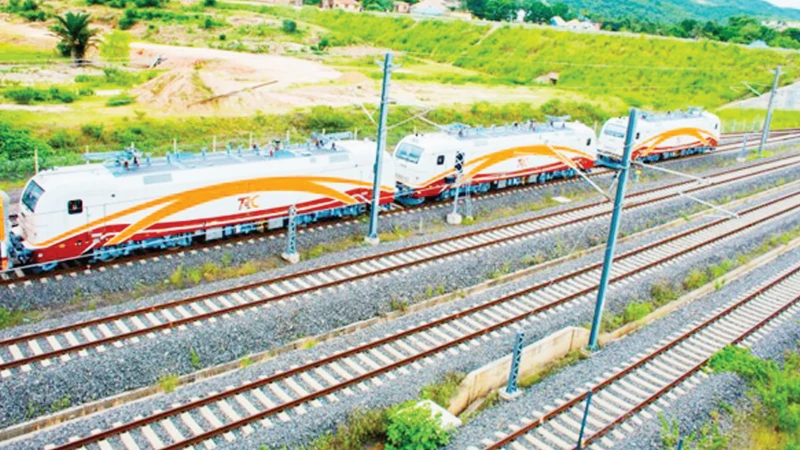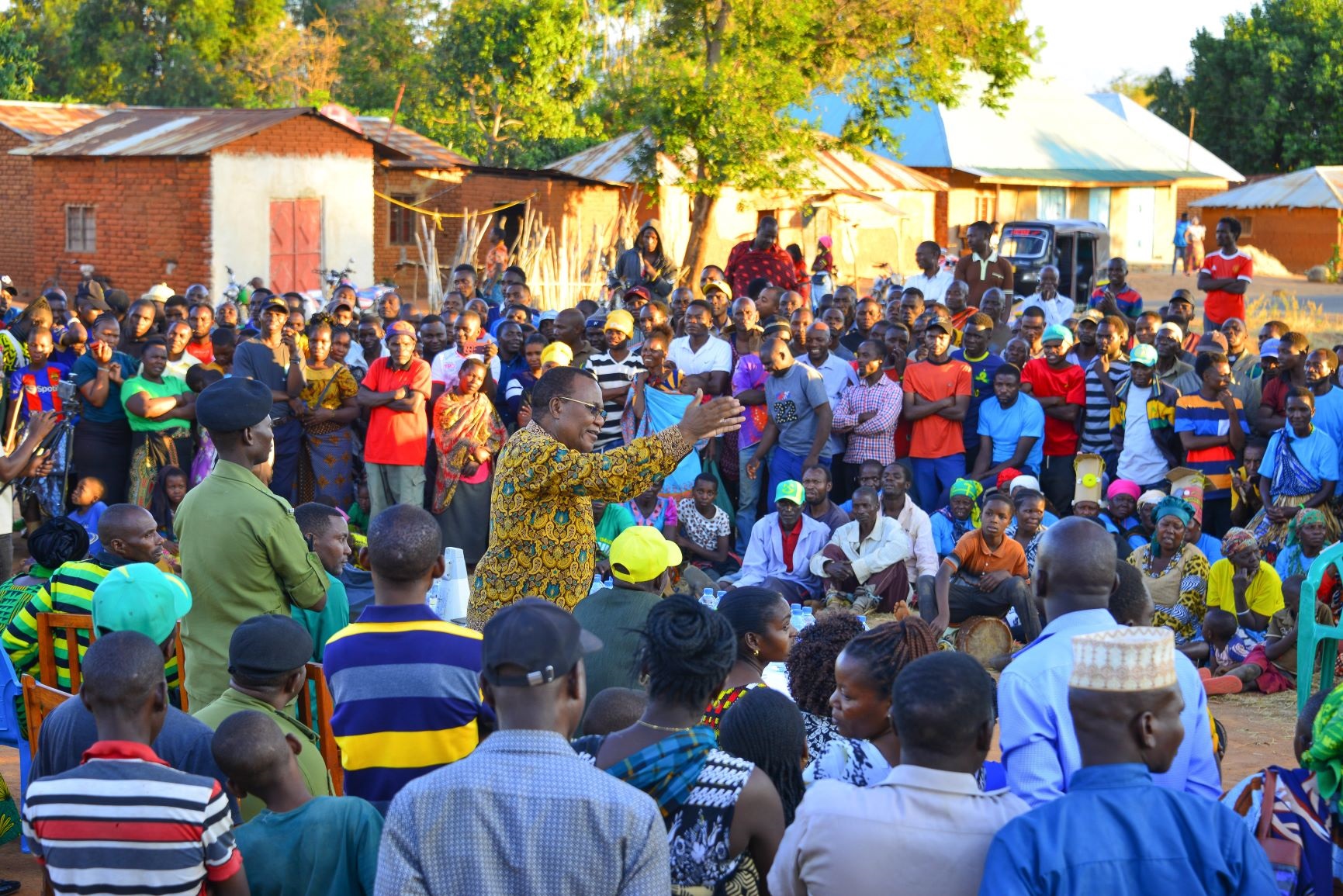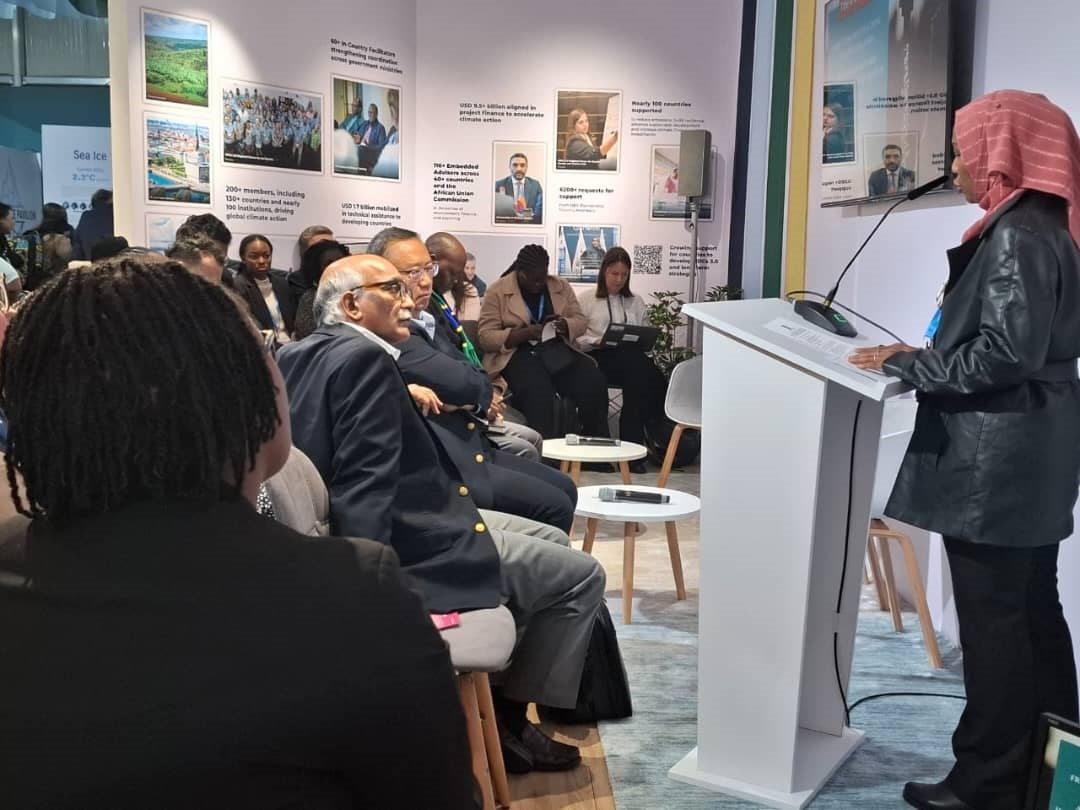Project builds 14 warehouses to curb aflatoxins contamination

THE Tanzania Initiatives for Preventing Aflatoxins Contamination (TANIPAC) project has built 14 warehouses in various councils to reduce infections in maize and peanuts value chain to increase food security in the country.
The project started in 2016 after 65 people in Dodoma and Manyara regions were admitted to hospital after eating food and a government investigation in collaboration with the World Health Organization (WHO) found that it was contaminated with aflatoxins.
This was stated at the weekend in Dodoma Region by Deputy Permanent Secretary in the Ministry of Agriculture Hussein Omar when speaking to editors and reporters who visited the region to see progress of projects implemented by TANIPAC.
He said the warehouses have been built in Chemba, Kiteto, Babati, Gairo, Nanyumbu, Namyumbo, Kasulu, Kibondo, Buchosa, Itimila, Bukombe and Nzega district councils and two in Unguja and Pemba.
He said the project has succeeded in strengthening regulatory and research institutions by providing them with laboratory equipment for sustainable control of pests in order to strengthen food safety, protect community health and contribute to the growth of the national economy through increased sales of agricultural products abroad.
He said that the project provides education to various stakeholders in maize and peanuts value chain, including 61,910 farmers, which is 103 percent of the target.
He said that farmers were trained on the best agricultural methods to control aflatoxins.
Omar said 5,547 traders, processors and exporters, which is 105 percent of the government's target were also trained on how to avoid aflatoxins in maize and peanuts.
He said the project has enabled 18 district councils in Tanzania Mainland to prepare by-laws to control aflatoxins and enabled Zanzibar authorities to prepare such laws.
He said TANIPAC project is funded by jointly Tanzanian government and the African Development Bank (AfDB) and the Global Fund to Support Agriculture and Food Security Programmes (GAFSP) where the entire project costs 80bn/-.
He said that out of the funds, 18.6Bn/- has been invested in the ongoing construction of smart center for grain crops in Dodoma Region.
Omar mentioned challenges the project faced as the outbreak of Covid-19 that affected the infrastructure design whereby after the contract was signed, the design teams failed to hold professional meetings on time which caused the work to take 12 months instead of the planned three.
He said another challenge is the war between Russia and Ukraine which he said affected the cost of construction materials where the contractors submitted requests to review some sections of the contract to review prices due to increase in transportation costs.
Top Headlines
© 2024 IPPMEDIA.COM. ALL RIGHTS RESERVED






















